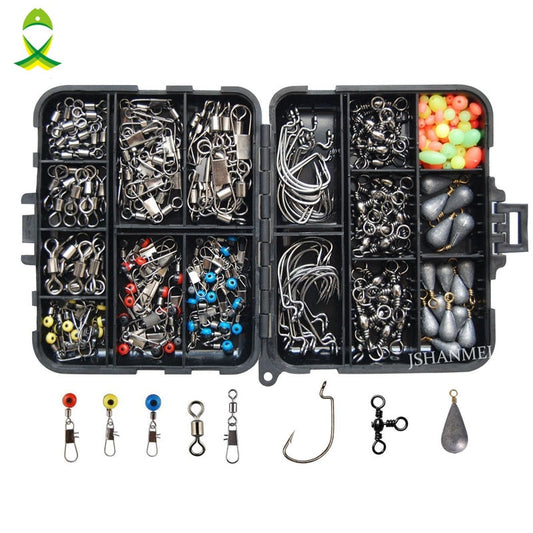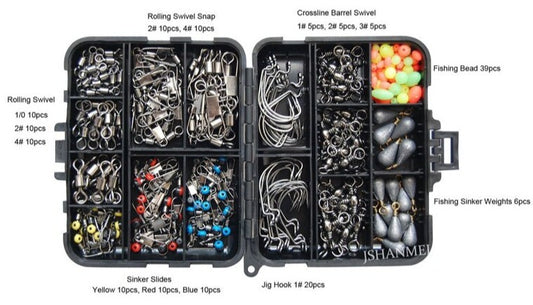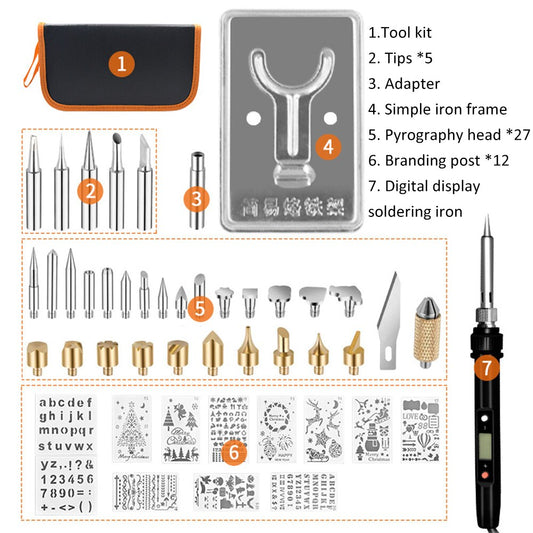
How Young Adults Can Establish & Increase Their Credit Score
Share
As a young adult, establishing and increasing your credit score is a crucial step towards financial stability and independence. A good credit score can open doors to better interest rates on loans, credit cards with higher limits, and even lower insurance premiums. So, how can young adults work towards building a strong credit score? Let's explore some key strategies.
Before diving into specific strategies, it's important to understand how credit scores work. Credit scores are numerical representations of your creditworthiness, typically ranging from 300 to 850.
Credit scores are all over the map, with relatively few over 800.The higher your credit score, the more trustworthy you appear to lenders. Factors that influence your credit score include payment history, credit utilization, length of credit history, types of credit, and new credit accounts.
For young adults with limited credit history, one of the first steps is to establish credit. This can be done by opening a credit card or becoming an authorized user on a parent's credit card. Secured credit cards, which require a security deposit, can also be a good option for building credit. Making small purchases and paying off the balance in full and on time each month is key to establishing a positive payment history.
Once you have established credit, it's important to manage it responsibly. This means keeping credit card balances low in relation to your credit limit, aiming for a credit utilization ratio of 30% or less. Avoiding late payments is crucial, as payment history is a significant factor in determining your credit score. Setting up automatic payments or reminders can help you stay on track.
The primary reason more people don't have higher credit scores is that they have high credit card balances. Credit utilization, the balance on a credit card expressed as a percentage of the credit limit, is second only to the consumer's payment history in the calculation of the FICO score. Payment history makes up 35% of your score, but credit utilization is a close second at 30%.
When your balance exceeds 30% of the limit, your score starts to drop. A single credit card with 30% utilization will cost 15-20 points. The effect is cumulative for multiple accounts.
Having a mix of different types of credit accounts, such as credit cards, student loans, and auto loans, can positively impact your credit score. Lenders like to see that you can manage different types of credit responsibly. However, it's important to only take on debt that you can afford to repay.
You should ideally pay your credit card balances in full each month. Otherwise, you are paying 18%-36% interest on those balances. Why would you want to do that?
The “sweet spot” for credit card balances is no more than 10% of the limit. If you habitually carry a high balance, you are wasting money and losing points on your credit score.
Consumers with high scores (775+) have these characteristics in common:
- They have a flawless payment history for at least the past two years.
- They have at least four active trade lines (accounts).
- They have more than one type of credit—installment loans, mortgages, credit cards.
- They have very low balances on their credit cards. Most habitually pay their balances in full each month.
- They have had some of their accounts for a long time: four years or more.
If you are struggling to optimize your scores after a period of rough sledding, take heart. A history of late payments has less effect on your scores as it gets older. A single late payment has very little effect on your score after about two years. You can start today to raise your scores.
Regularly monitoring your credit report can help you catch any errors or fraudulent activity that could be impacting your credit score. You are entitled to a free credit report from each of the three major credit bureaus – Equifax, Experian, and TransUnion – once a year. Checking your credit report can also help you track your progress and identify areas for improvement.
By following these strategies and staying disciplined in your credit management, young adults can establish and increase their credit scores over time. Building a strong credit score early on can set the foundation for a healthy financial future.
Presented by Coach Trina at dragoyle.com
























